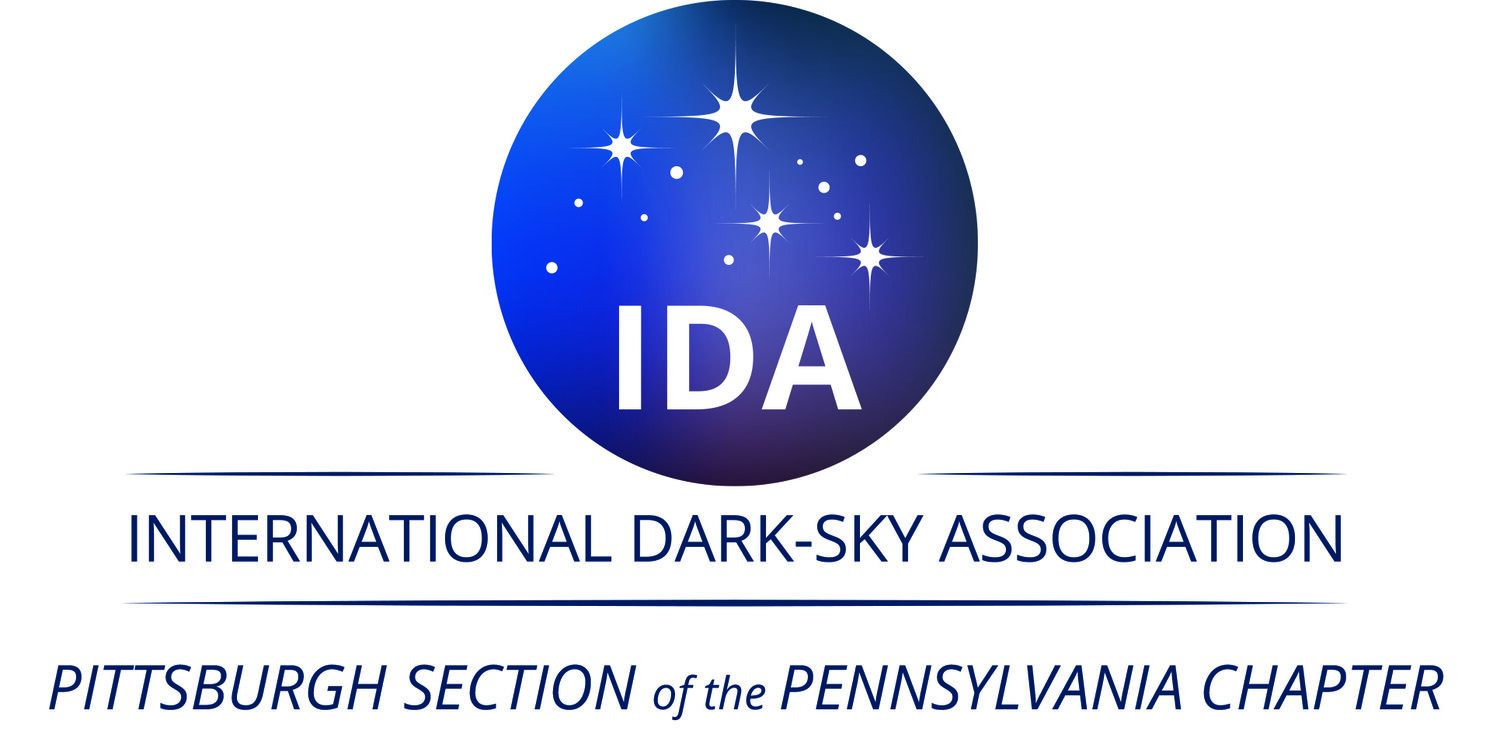The lights of the city extinguish the stars above.
Light pollution is detrimental to our health and to the environment. But not enough people know this.
Skyglow is a class offered by Carnegie Mellon University that educates students about light pollution. Students, in turn, aim to spread the word about this issue.
Student Works
Our students interviewed various dark-sky enthusiasts from all walks of life. Let them tell you why you should care about light pollution.
In order to further spread the word about light pollution and its negative effects, our students created projects in hopes of being able to educate the general public.
Scientific papers rewritten in simpler terms. Targeted towards a broad public audience.
Research projects by CMU students
About CMU Skyglow
Skyglow is a summer research class at Carnegie Mellon University about nighttime light pollution.
Skyglow, a 9-unit and ten-week course taught online, is one of several new summer research classes offered to all CMU students from all programs, levels, and locations. While the classes are free for the students, this course gives students the opportunity to trade summer income for class credits.
Skyglow’s students are skilled programmers, but few have actually ever seen the Milky Way. The goal of the course is for them to learn about light pollution through lectures and projects, and to understand why we should care, explore innovative ideas for mitigating light pollution, and intern with professional researchers from around the world. Diane Turnshek, an astronomer and physicist, and Stephen Quick, an architect and urban designer, are the co-instructors.
These webpages are dedicated to sharing the work of the Skyglow students in hopes that others will find the materials enjoyable and useful.
Light pollution is a human issue.
Thus, it can only be solved by humans
Interview with Pittsburgh's International Dark-Sky Association - TEDxCMU Innovation Expo 2020
October 25, 2020 | TEDxCMU
Dark Skies: an Endangered Natural Resource
October 14, 2020 | Diane Turnshek
Image by Commander Chris Hatfield
Skyglow Research - 99-520 LL
September 25, 2020
Image by Justin Johnson
The Last Dark Sky
July 16, 2020 | GPT-3 (OpenAI)













